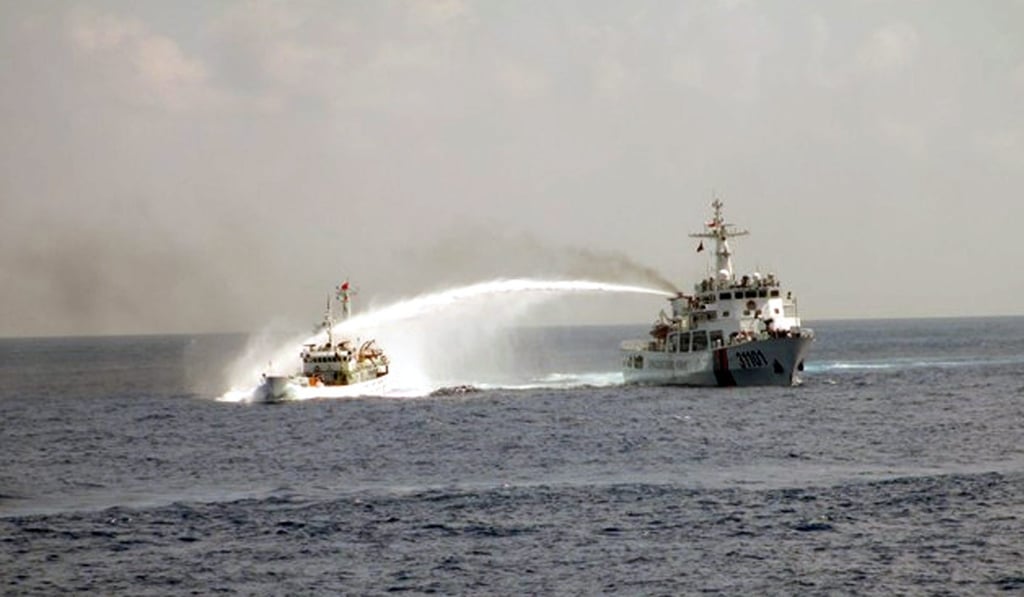Advertisement
Can Vietnam unite Asean against Beijing’s South China Sea claims?
- Its economic might has made many Southeast Asian nations reluctant to challenge Beijing, amid fears they might antagonise a major trading partner
- But Hanoi now has new-found influence, as well as special historical relationships it can leverage, to help implement a rules-based order
Reading Time:4 minutes
Why you can trust SCMP

Could this be the year that Southeast Asia, led by an emboldened Vietnam, finally pushes back as one against Beijing’s moves in the contested South China Sea?
That is the question increasingly being asked by political analysts and observers, who detect a level of defiance in China’s smaller communist neighbour as it assumes key diplomatic posts, including chairmanship of the Association of Southeast Asian Nations bloc and a non-permanent seat on the United Nations Security Council.
Such platforms could be instrumental in helping to implement a rules-based order in the contested waterway and speculation is growing that Hanoi could use its new-found influence to promote regional security interests, unite fellow claimants against the world’s second-largest economy and take the lead in defending its maritime sovereignty – though not necessarily in that order.
Advertisement
Hanoi “can potentially make the People’s Republic of China diplomatically uncomfortable by rallying regional opinion against particular actions Beijing takes”, said Andrew Chubb, a British Academy postdoctoral fellow at Lancaster University who specialises in China’s maritime foreign policy.

Advertisement
Advertisement
Select Voice
Select Speed
1.00x